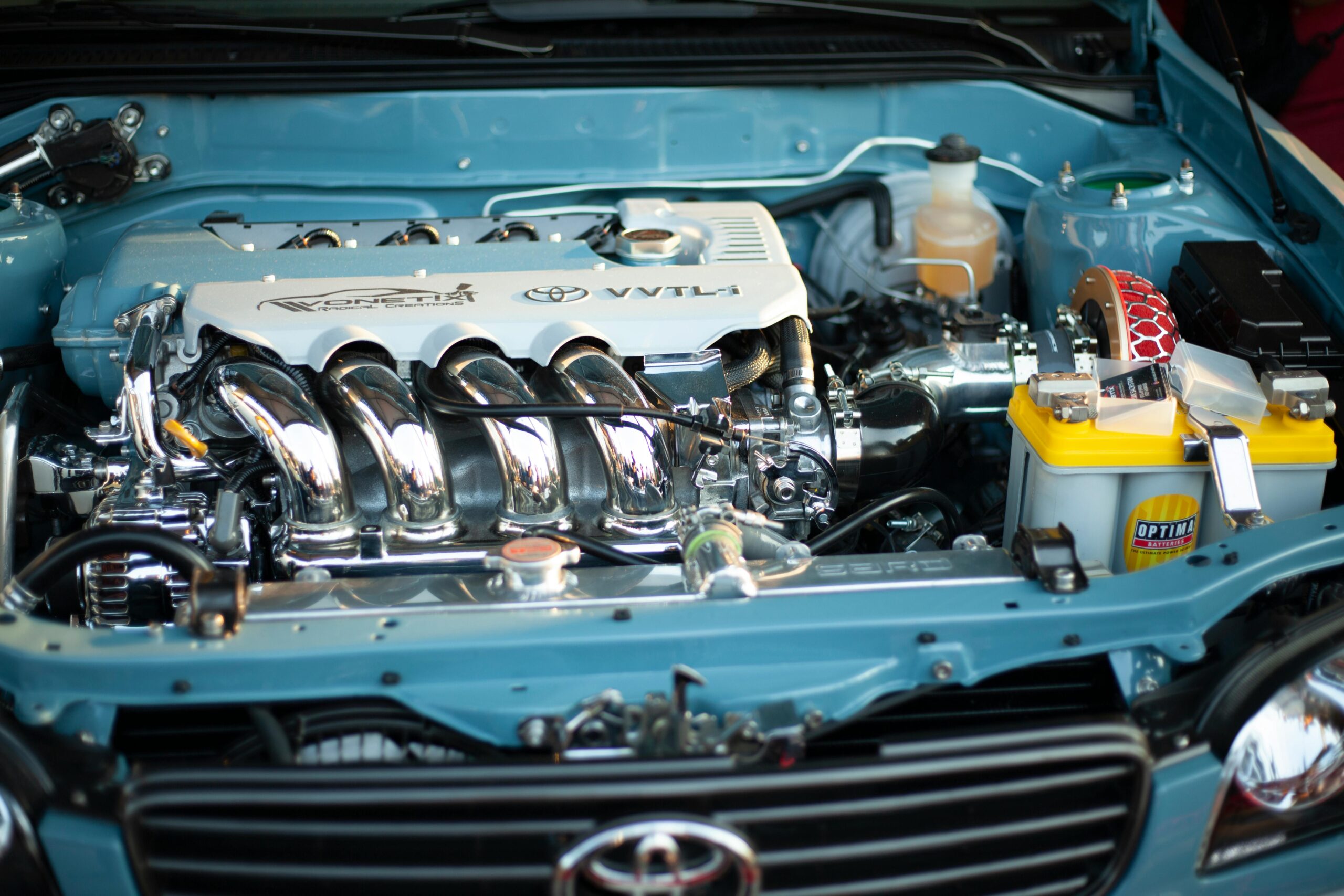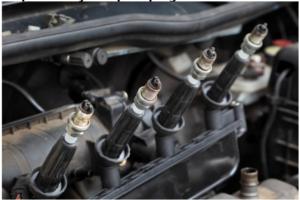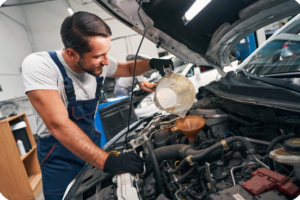As a car owner, it’s essential to be aware of the common engine problems that can affect your vehicle’s performance and longevity. In this post, we’ll explore the top 10 common car engine problems, their causes, and how to diagnose them.
1. Misfiring Engine
A misfiring engine can be identified by an unusual sound, such as a “puttering” noise. This occurs when one or more of the engine’s spark plugs are firing incorrectly or not at all. Faulty spark plugs and wiring are the most common causes of a misfiring engine. Replacing spark plugs every 30,000 to 100,000 miles can help prevent this issue.
2. Dirty Engine Coolant
Dirty engine coolant can cause overheating and other engine problems. A coolant leak from the hoses or seals in the cooling system is the most common cause of this issue. Flushing out the cooling system with fresh coolant every 24 months or as specified by your car manufacturer can help prevent this problem.
3. Leaking Oil
Oil leaks are common in older vehicles and can lead to engine damage if left unchecked. Loose bolts, cracked gaskets, or worn seals are the most common causes of oil leaks. Regularly checking and replacing these components as needed can help prevent oil leaks.
4. Faulty Combustion Parts
Faulty or worn combustion parts, such as spark plugs, fuel injectors, and ignition coils, can cause engines to misfire or run rough. Regularly checking these parts for signs of wear and tear and replacing them if necessary can help prevent this issue.
5. Oil Starvation
If your car isn’t getting enough oil, it can cause serious damage to the engine. This is because oil lubricates the moving parts of the engine, and not having enough oil can lead to excessive wear. Regularly checking oil levels and topping them off if necessary can help prevent oil starvation.
6. No Engine Lubrication
A lack of lubrication can cause the moving parts of your engine to suffer from excessive wear and tear. Regularly checking oil levels and changing it as recommended by the manufacturer can help prevent this issue.
7. Too Little or Rich Air/Fuel Mixture
For your engine to run properly, it needs the right air/fuel mixture. If there isn’t enough fuel or too much air in the mix, it can cause poor performance and possibly even engine stalling. A faulty oxygen sensor, carburetor, or fuel injector can cause this issue.
8. Oil Sludge Build-Up
Oil sludge build-up can occur when the oil in your engine hasn’t been changed regularly. This can cause serious damage to your engine as it prevents proper functioning and circulation.
9. Too Much Heat in The Combustion Chamber
Heat buildup in the combustion chamber can cause excessive pressure. This can lead to problems like knocking, pinging, and poor performance. A faulty thermostat that doesn’t open or closes properly or a clogged coolant system can cause this issue.
10. Malfunctioning Oxygen Sensor
A malfunctioning oxygen sensor can cause serious damage to your engine, as it causes a rich fuel mixture and leads to increased emissions. This can also cause poor drivability and fuel economy.
Diagnosing Engine Problems
To diagnose engine problems, it’s essential to pay close attention to your car’s performance and recognize the early signs of trouble. Some common warning signs include:
- Unusual noises or vibrations
- Poor performance or stalling
- Difficulty starting the engine
- Increased emissions or fuel consumption
By recognizing these warning signs and addressing engine problems promptly, you can prevent costly repairs and ensure your car runs smoothly and efficiently.
Regular Maintenance is Key
Regular maintenance is crucial to preventing engine problems. Some essential maintenance tasks include:
- Regular oil changes
- Brake inspections
- Tire rotation and balancing
- Cooling system maintenance
By staying on top of these tasks, you can help prevent common engine problems and ensure your car runs smoothly for years to come.




